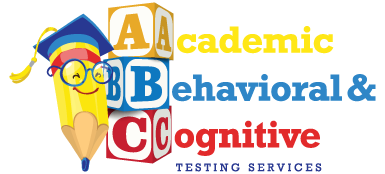There is currently no cure for Autism Spectrum Disorder (ASD). However, research shows that early intervention treatment services can improve a child’s development. Early intervention services help children from birth to 3 years old (36 months) learn important skills. Therefore, it is important to talk to your child’s doctor as soon as possible if you think your child has ASD or other developmental problem.
Signs and Symptoms
People with ASD often have problems with social, emotional, and communication skills. They might repeat certain behaviors and might not want change in their daily activities. Many people with ASD also have different ways of learning, paying attention, or reacting to things. Signs of ASD begin during early childhood and typically last throughout a person’s life.
Children or adults with ASD might:
- Not point at objects to show interest (for example, not point at an airplane flying over)
- Not look at objects when another person points at them
- Have trouble relating to others or not have an interest in other people at all
- Avoid eye contact and want to be alone
- Have trouble understanding other people’s feelings or talking about their own feelings
- Prefer not to be held or cuddled, or might cuddle only when they want to
- Appear to be unaware when people talk to them, but respond to other sounds
- Be very interested in people, but not know how to talk, play, or relate to them
- Repeat or echo words or phrases said to them, or repeat words or phrases in place of normal language
- Have trouble expressing their needs using typical words or motions
- Not play “pretend” games (for example, not pretend to “feed” a doll)
- Repeat actions over and over again
- Have trouble adapting when a routine changes
- Have unusual reactions to the way things smell, taste, look, feel, or sound
- Regress with speech and language skills
References:
National Institute of Mental Health
Autism Spectrum Disorder (ASD) (2016, March). Retrieved from http://www.nimh.nih.gov/health/topics/autism-spectrum-disorders-asd/index.shtml
Center for Disease Control
Autism Spectrum Disorder (ASD) (2015, December 09). Retrieved from http://www.cdc.gov/ncbddd/autism/index.html

